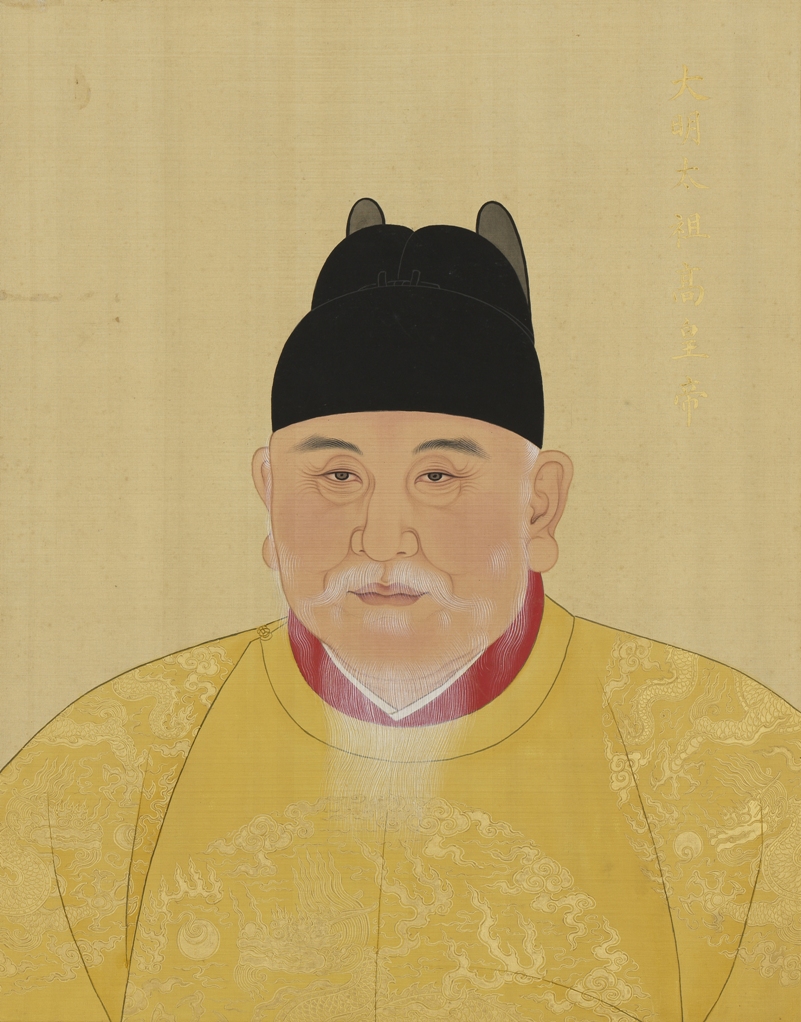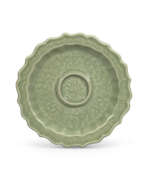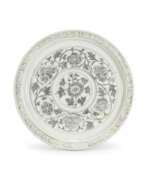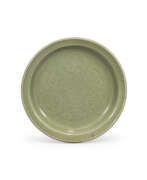Hongwu period

Hongwu period
The Hongwu period, which marked the reign of Zhu Yuanzhang from 1368 to 1398, was a seminal era for China's Ming dynasty. Zhu Yuanzhang, who began his career as a poor peasant, organized the overthrow of the Mongol-led Yuan Dynasty and founded the Ming Dynasty, which means "shining" in Chinese. His reign is known for his significant military, administrative, and educational reforms that centralized power in the hands of the emperor.
Zhu Yuanzhang was born in 1328 in Haozhou (now Fengyang, Anhui Province). Zhu Yuanzhang's early life was marked by hardship and struggle. Orphaned at the age of 16, he went into a monastery to escape starvation and later became the leader of a rebellion against the Yuan Dynasty. His leadership and military prowess led to him eventually being proclaimed emperor, adopting Hongwu as his ruling title and establishing his capital in Nanjing.
One of Hongwu's key policies was to establish a strong centralized government. He abolished the Secretariat, which had previously acted as a bureaucratic check on the emperor's power, and reorganized provincial governments headed by members of the imperial family. This gave him control over both central and regional administration. Hunu also drew up a strict legal code and redistributed land to the peasantry, focusing on agriculture as the basis of the economy. His reign saw a reduction in international trade with a new emphasis on agriculture after the devastating Mongol invasion.
Despite these reforms, Hongwu's rule became increasingly despotic over time. He was known for his paranoia and ruthlessness, especially towards dissenting officials and those he considered a threat to his power. His administration was characterized by frequent purges and executions, including a major purge beginning in 1380 against thousands of officials and their relatives.
Hongwu's legacy is complex. Although he pursued policies that benefited the peasantry and sought to restore Chinese cultural practices, his reign was also marked by brutal repression and a strong aversion to foreign influence. Yet his contribution to the establishment and shaping of the Ming dynasty remains undeniable.
For collectors and experts in art and antiquities, the Hongwu period offers a fascinating look at the culture and governance of the early Ming dynasty. If you are interested in receiving updates on artifacts, sales and auctions related to this period, sign up for our updates. Stay up to date on the latest discoveries and opportunities in this important era of Chinese history.
| Country: | Asia, China |
|---|---|
| Start of the period: | 1368 |
| End of the period: | 1398 |





